Noticia
Neuroeducation in children's teaching and learning process

The early education undergraduate program in our branch campus in Guayaquil held a talk on new education models and roles based on neuroscience, the aim was to learn about how the brain works in the field of children's education.
The talk was led by Inmaculada Cubero, doctor in behavioral neuroscience. She spoke about the principles of children's education based on scientific knowledge about neuro development and the functioning of our brain. "When we learn about neuroscience, we are demonstrating the importance of understanding a social and emotional context in children's development process", she stated.
The topics were:
- The neurodevelopmental importance of games
- The need of art in school
- The need to encourage creativity
- The need of physical activity
- Sleep hygiene and correct nutrition
- The need to control the use of electronic devices
The nature of neuroeducation is based on motivation, emotion and the reconciliation of the social brain. Understanding how the brain works provides the ability to humanize discipline and innovate in classrooms by designing teaching practices that facilitate the integral development of children.
"When we understand that the brain's reaction is more important in the social or emotional context then we will realize that if we do not focus on this in education, then we will be doing a bad monitoring process in the child's development", she stated.
Contenidos Relacionados
Contenidos Relacionados
Noticias Relacionadas
Noticias Relacionadas

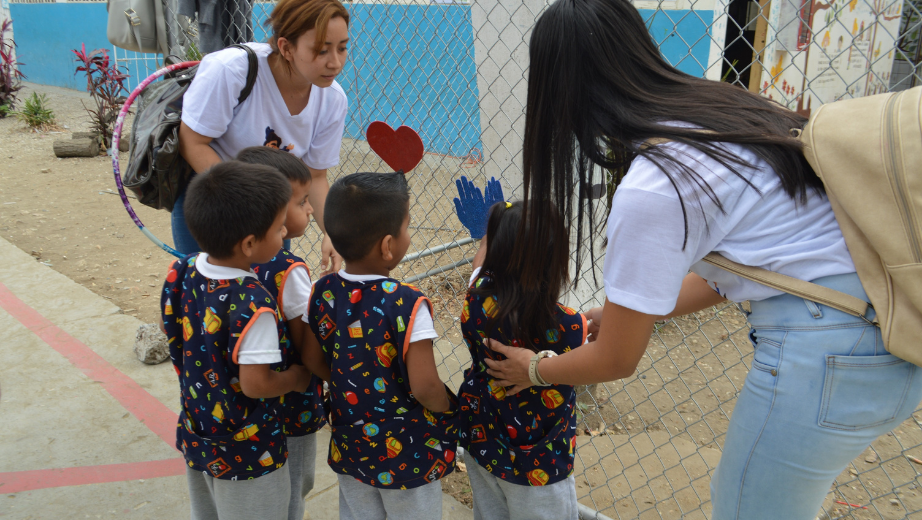
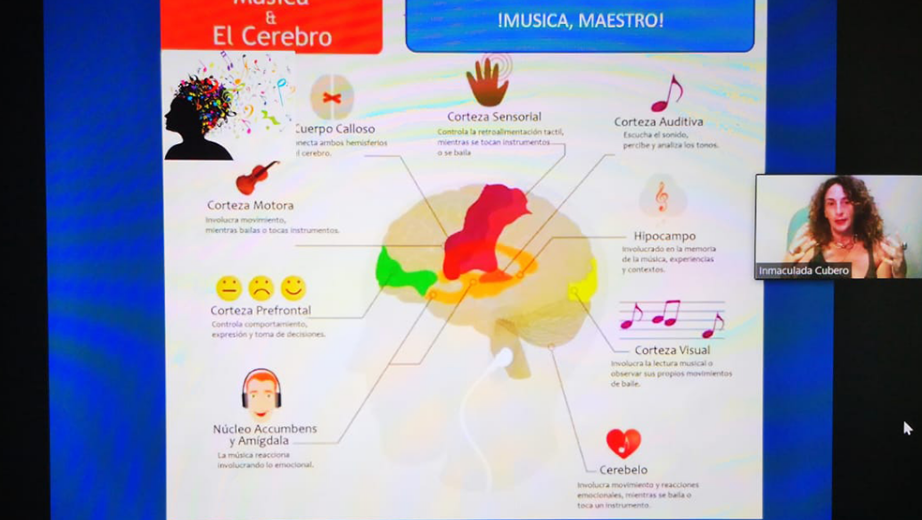
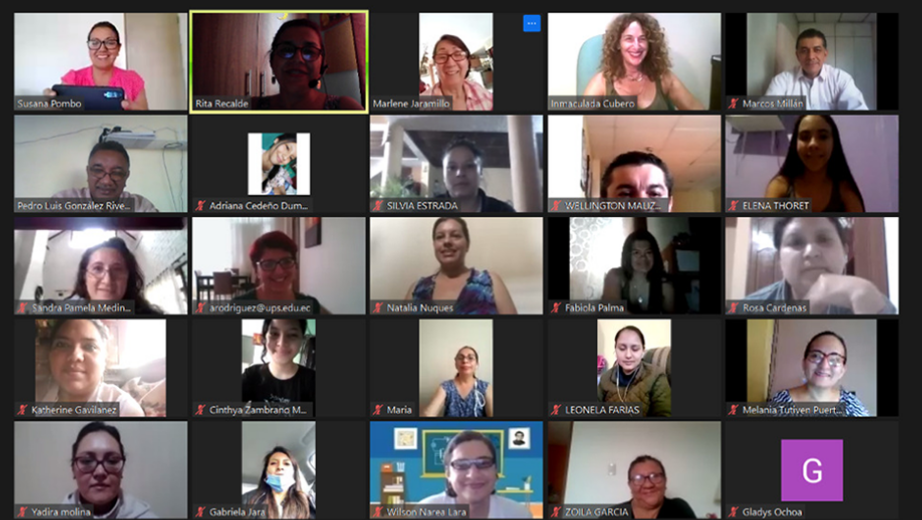
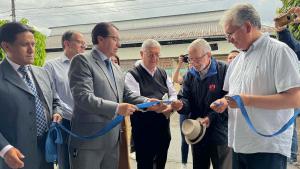


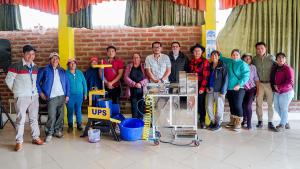
Follow us
Follow us